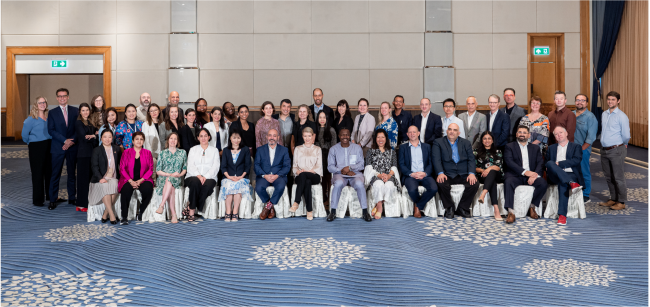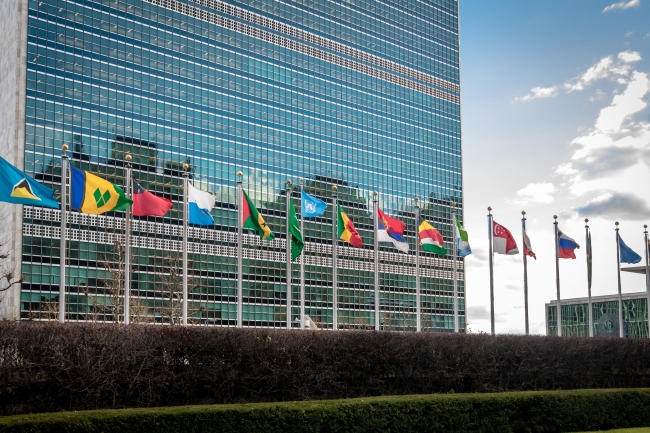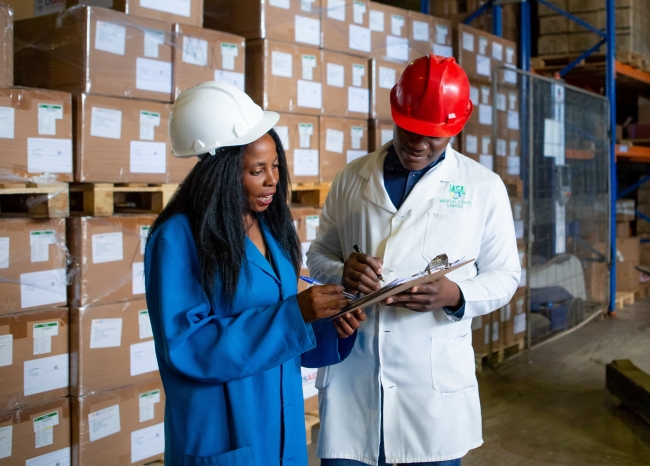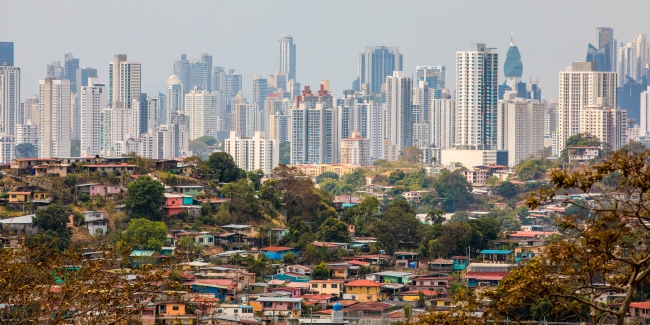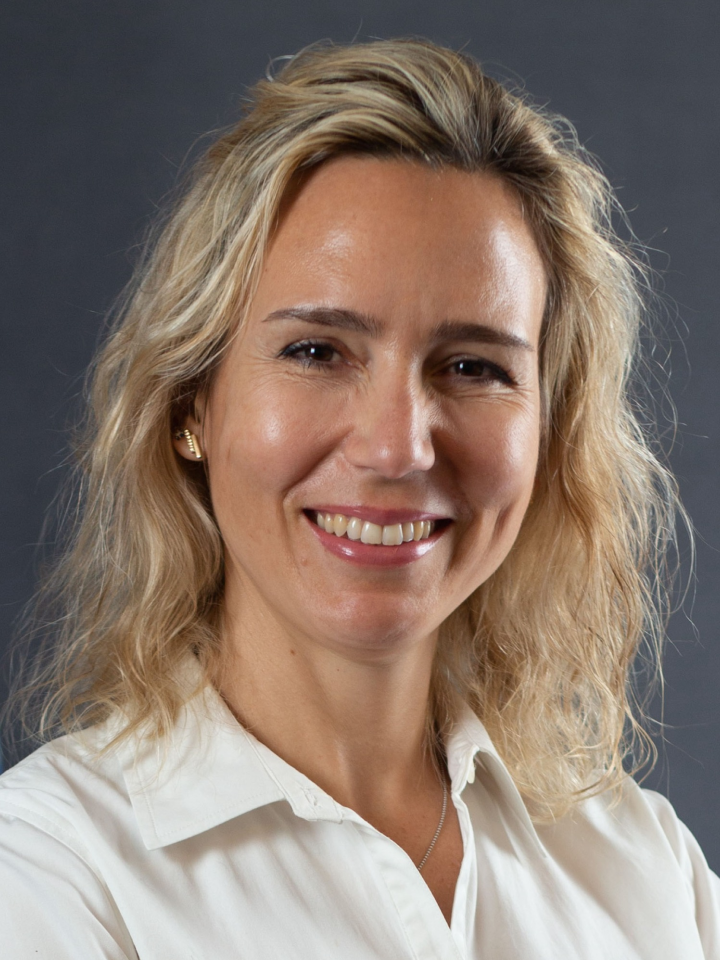Leveraging Private Capital Can Propel Tri-COPs’ Environmental Agendas
23 OCTOBER, 2024

We are now well into the final quarter of 2024, and the global environmental community stands at a critical juncture. In an unprecedented alignment, three major environmental Conferences of the Parties (COPs) will convene in rapid succession, offering a unique opportunity to address the interconnected crises of climate change, biodiversity loss, and land degradation.
At UNDP’s Private Finance for the SDGs, we see this convergence as a pivotal moment to underscore the critical role of private finance in accelerating progress towards the Sustainable Development Goals (SDGs), including those aligned with the Tri-COP goals. With an estimated $4.2 trillion annual SDG financing gap, leveraging private sector capital is crucial to meeting these urgent global challenges.
Harnessing the Power of the Tri-COPs: A Pivotal Opportunity
The Tri-COPs, while separate events, represent a collective call to action. In October, Colombia is hosting the Biodiversity COP16, the first implementation review since the adoption of the Global Biodiversity Framework (GBF) in 2022. Nations will assess progress towards the ambitious goal of protecting 30% of the planet by 2030.
Following closely, the Climate COP29 will convene in Azerbaijan in November. Building on the 2023 commitment to transition away from fossil fuels, this summit will focus on mobilizing the trillions needed for climate action and adaptation.
Rounding out this crucial period, Saudi Arabia will host the Desertification COP16 in December. Marking the United Nations Convention to Combat Desertification’s (UNCCD) 30th anniversary, this largest-ever UN land conference will drive action on land restoration and drought resilience.
These events underscore a fundamental truth: our environmental challenges are not isolated issues but interconnected facets of a single planetary crisis. Addressing climate change (SDG 13), biodiversity loss (SDG 15), and land degradation (SDG 2 and 15) together is not just critical—it is imperative for the success of the 2030 Agenda.
UNDP’s Pioneering Approach: Bridging Finance and Sustainability
At UNDP’s Private Finance for the SDGs unit, we understand that tackling these interconnected challenges demands innovative financial solutions. With the SDG financing gap reaching $4.2 trillion annually, it is clear public resources alone are insufficient to bridge this divide.
Our mission is to unlock the vast potential of private capital, not only to generate profit but also to create lasting, positive impacts for people and the planet. The private sector’s role extends far beyond providing capital—it can be the driving force behind a system-wide shift that aligns financial decisions with sustainability goals. At Private Finance for the SDGs, we work closely with private sector partners to help them realize this potential and lead the transformation towards a more sustainable future.
The ISO/UNDP SDG Guidelines: A Blueprint for Sustainable Business
Imagine a world where every business decision is guided by sustainability principles. This is the hope of the recently launched ISO/UNDP Guidelines for the SDGs, with our intent of helping the private sector lead the transformation needed. One step before reporting and disclosure, these guidelines offer a framework for integrating the SDGs into core business strategies, which then helps to comply with any disclosure requirements.
For businesses involved in the Tri-COP themes, this translates to stronger risk management in the face of climate change and biodiversity loss, mitigating profit losses from extreme natural events. Additionally, it fosters improved stakeholder relationships through responsible land use practices and opens access to new markets that align with global environmental priorities.
The ISO/UNDP Guidelines for the SDGs provide a structured framework for the private sector to maximize positive impacts and reduce negative ones, while continuing to make profits. Through proactive measures and embedding sustainable development into business operations and decision-making processes, they ensure a balanced approach to economic, social, and environmental sustainability. They provide practical tools to align their operations with climate action, biodiversity protection, and land restoration goals. These guidelines complement existing sustainability standards, guiding businesses to embrace a holistic, long-term vision for sustainability.
The SDG Investor Platform: Where Impact Meets Opportunity
In the landscape of sustainable finance, information is power. The SDG Investor Platform is a beacon, illuminating the path for investors seeking both financial returns and positive impact across the Tri-COP themes.
This platform provides real-time market intelligence on investment opportunities aligned with climate action, biodiversity protection, and land restoration. UNDP’s Private Finance for the SDGs’ pipeline development work then provides support to help catalyze investments into pipelines of enterprises and commercial projects most affected by environmental degradation with strong impact and potential to secure commercial returns. Our work bridges an obstacle towards investing in new markets, spaces, and businesses that address the interconnected challenges highlighted by the Tri-COPs.
By leveraging UNDP’s work, investors can pinpoint investment opportunity areas that simultaneously address pressing environmental challenges and generate financial returns, as well as connect with enterprises otherwise they would not be able to reach. These insights help align private capital with public policy goals, creating a pathway for sustainable development in line with the Tri-COP agendas.
The New Business Paradigm: Profitability Through Environmental Stewardship
The Tri-COPs underscore a critical truth: there will be no stable economy without a stable climate, thriving biodiversity, and healthy land. Forward-thinking companies are recognizing that environmental stewardship is key to long-term value creation.
Recent trends support this view. Companies with strong environmental practices demonstrated greater resilience during recent global crises. Sustainable investment funds focusing on climate, biodiversity, and land restoration have seen increased inflows in recent years. Moreover, the next generation of wealth holders overwhelmingly favors sustainable investments, such as addressing environmental challenges.
The message is clear: in the 21st century, the most successful businesses will be those that align profit with planetary health.
UNDP's Call to Action: Be a Force for Change
As we approach the Tri-COPs, the decisions made in Colombia, Azerbaijan, and Saudi Arabia will shape our planet’s future. At UNDP, we believe the private sector holds the key to unlocking a sustainable future across all three environmental domains.
We urge businesses and investors to embrace the SDGs, using the ISO/UNDP Guidelines for the SDGs to embed climate, biodiversity, and land degradation considerations into their core strategies. By leveraging the SDG Investor Platform and UNDP’s Private Finance for the SDGs’ work, businesses would have the option to invest in projects and markets that address the Tri-COP themes while meeting financial goals. Finally, we invite them to partner with UNDP and other global leaders in creating innovative private financing solutions that span climate action, biodiversity protection, and land restoration to not only make a profit but also to safeguard our planet and its people.

